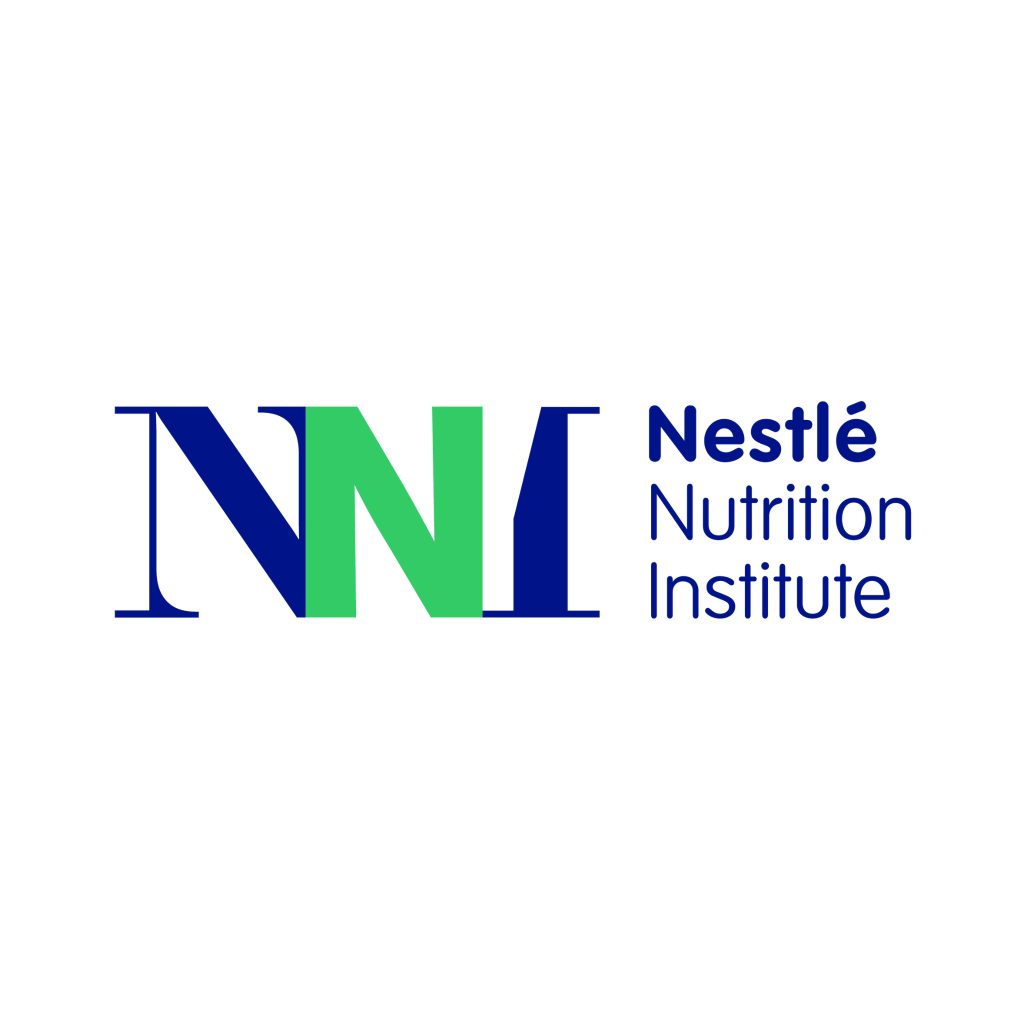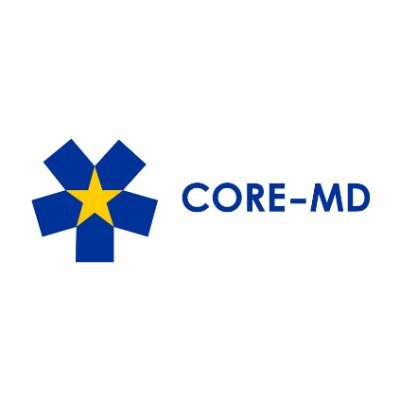EAP LEADERSHIP ACADEMY 2025 | LEIPZIG, GERMANY
25-27 September 2025

EAP Leadership Academy 2025
Equipping Tomorrow’s Leaders in Paediatrics
25–27 September 2025 | Radisson Blu Hotel, Leipzig, Germany | Registration
I'm ready to register!
Who Can Attend?
✔️Paediatric residents, trainees, or early-career paediatricians.
✔️Individuals committed to child health and the advancement of paediatrics.
✔️Active members of national or European paediatric organisations.
✔️Professionals with current or future potential for leadership, advocacy, or regulatory roles.
What’s Included in the Registration?
✔️ Full access to all training sessions and Academy activities
✔️ Accommodation for 2 nights (25–27 September) at the Radisson Blu Hotel Leipzig
✔️ Networking opportunities with peers and expert faculty
Upfront: € 300
Upfront: € 300
Places are strictly limited to 30 participants to ensure an intensive and personalised experience.
I Need Financial Support to Travel to Leipzig.
Our Supporters
The EAP Leadership Academy 2025 is proudly supported by:

Nestlé Nutrition Institute
Increasing the positive impact of nutrition.

Sanofi
Transforming the practice of medicine through breakthrough science.

